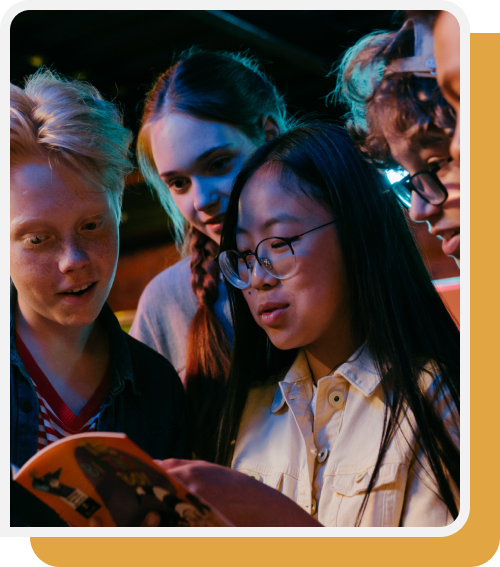Social skills are essential for fostering meaningful relationships and connections in
our personal and professional lives. Effective social interactions can lead to stronger
friendships, improved work relationships, and a greater sense of belonging and
self-esteem.
The PEERS Social Skills Program at Burns Virtual Psychological Solutions is dedicated
to empowering individuals with the tools and strategies needed to navigate social
interactions successfully. Our mission is to provide participants with practical skills
and techniques to build and maintain meaningful connections with confidence.
Through structured, evidence-based instruction, our program helps individuals learn how
to initiate and sustain conversations, understand social cues, and develop empathy and
perspective-taking skills.



















